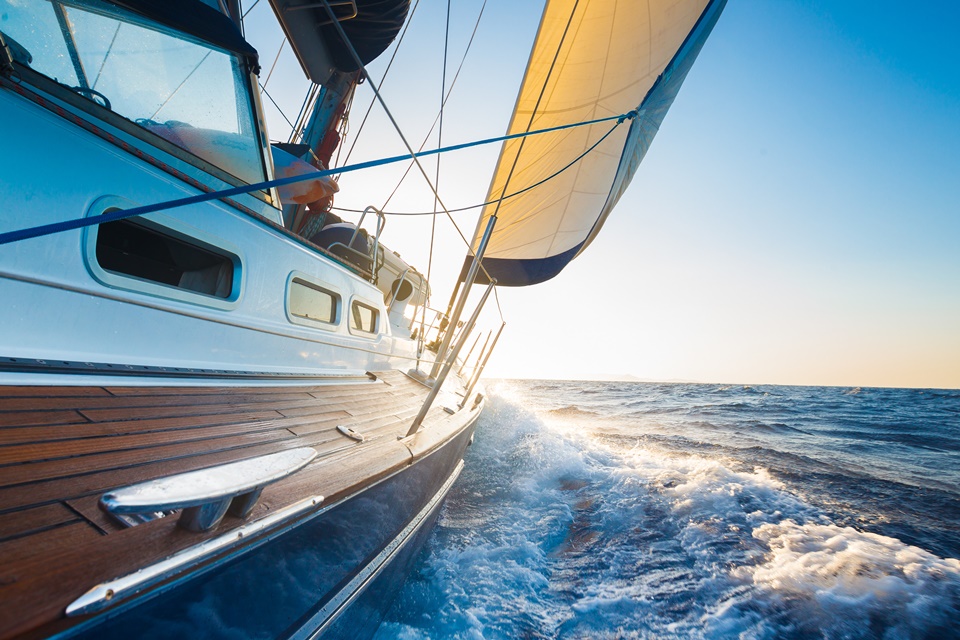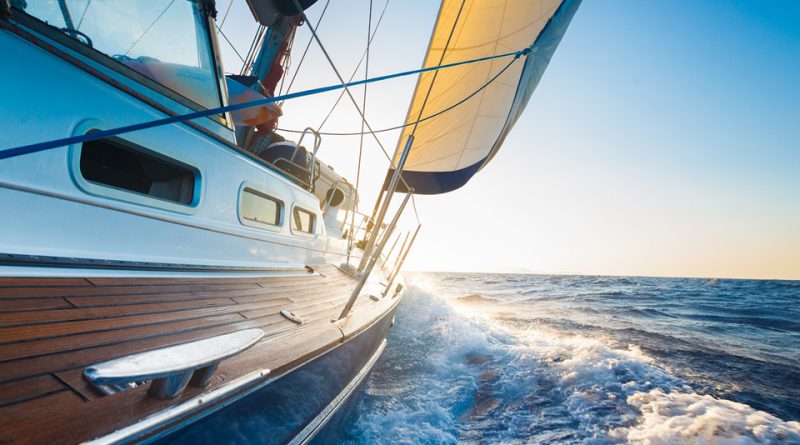7 Crucial Boating Tips to Follow When on water

The number of boating injuries and fatalities has decreased substantially recently.
This is a result of increased understanding of boating safety tips and responsible boat owners.
Boating could be a fulfilling hobby or a fun experience during vacation. Whether you are a ship captain or are simply getting your sea legs, brushing up on basic boating safety tips could save your life.
Keeping reading for a list of boating tips which will keep your time on the water fun and safe.
Take a Boating Class
Boating experts and beginners alike need to be acquainted with the rules of boat operation and safety.
One of the best ways to learn or refresh your understanding is by taking a boating safety course. Different states have different boater education requirements, however, many states require evidence of completion of a minumum of one course.
Even in case your state does not require you to definitely have a boating safety course, we advise taking one simply because they can help you get ready for the unexpected and potentially save your valuable life. Classes are offered locally in communities or online.
You won’t regret going for a boating safety course if the unexpected happens.
Safety First
Before setting sail it’s vital that you make sure your boat is fully functional and prepared for that water.
The US Coast Guard offers free boat safety checks. These complimentary safety checks will make sure you have the necessary and required safety equipment per federal and state regulations. A specialist will examine your boat and can even provide boating safety tips and water safety tips free of charge for you.
They will also make any recommendations they deem necessary to ensure your safety during your boat. If you are searching for convenience, they provide virtual online safety checks too.
Take Swimming Lessons
Being able to swim strongly is an essential safety tip for anybody who plans to be in or round the water, including those on boats.
Although you will possibly not plan to maintain the water, you never know what will happen and being a strong swimmer could save your life.
If you haven’t swum because you were a young child or else you never learned to swim, now is the time to sharpen your skills. Many community organizations including the American Red Cross and the YMCA offer swim lessons for all ages and abilities.
No Drinking
You should avoid alcohol while using the your boat. Being under the influence of alcohol doubles your chances of being in a ship related accident.
The results of alcohol will also be increased through the sun and wind, both common elements that boaters are exposed during the water.
Basic boating rules say that alcohol ought to be saved for later rather than used while operating a boat. If you've been inside a boating accident, contact an attorney to learn more about your choices.
Lifejackets
We are all aware the significance of lifejackets but the majority of drowning victims were not wearing a lifejacket once they lost their lives.
Simply wearing a lifejacket might have saved their lives.
You want to make sure each person in your boat is assigned a lifejacket which the lifejacket is equipped for them before you sail. Each individual should wear their lifejacket at all times. This straightforward safety tip might be life-saving, particularly if you didn’t take swimming lessons.
Stay Alert
One of the simplest boating safety tips will be aware of your surroundings and operate your boat with good sense.
You should conserve a safe speed all the time but especially in more crowded areas. Avoid steering too near to large boats that will have in all probability difficulty stopping and turning.
Avoid buoys and navigational aids that are in the water to advertise the safety of boaters like yourself.
Have a Backup Plan
If you're the primary operator and navigator of your boat, designate a helper skipper to take over operations in the event that you cannot perform your duties.
You wish to assign this individual ahead of time and ensure he or she is capable of handling and operating your boat and understands boating safety tips. If you are incapacitated, this individual can navigate the boat in order to get it and it is passengers to shore safely.
It’s better to have more than one person included who's capable of assuming this role.
And a Float Plan
Before setting sail, you need to make sure you inform someone in your own home where you stand going and how long you plan to be gone. You are able to provide these details to some family member or perhaps a employee at the local marina.
You’ll need to make sure your float plan includes what they are called and contact information for yourself and all sorts of passengers, the registration information for that boat, where you are going and when you'll be back, and the types of communication and signal devices aboard that you'll use in case of an emergency.
Watch the Weather
Nothing can impact your boating trip a lot more than the elements.
Be certain to look into the environment and also the weather for the area you plan to travel before setting sail. You'll find these details on TV, internet, or radio.
Pay focus on the sky and when you see indications of bad weather for example dark clouds, changing winds, or a sudden change in temperature, get off water.
Develop a Checklist
Before the day of your trip, create a checklist including safety equipment and items to check on the boat before departing.
On the day of the trip, you might be excited and might forget something important. Develop the checklist in advance and go through it together with your designated skipper at the time of departure.
For More Boating Tips
If you are searching for more boating tips consider signing up for a boating class or contacting the united states Coast Guard.
When it comes to boating, being prepared is important towards the safety of yourself and your passengers. Be sure to look at your state requirements before setting sail.
For more travel tips, take a look at our blog.

